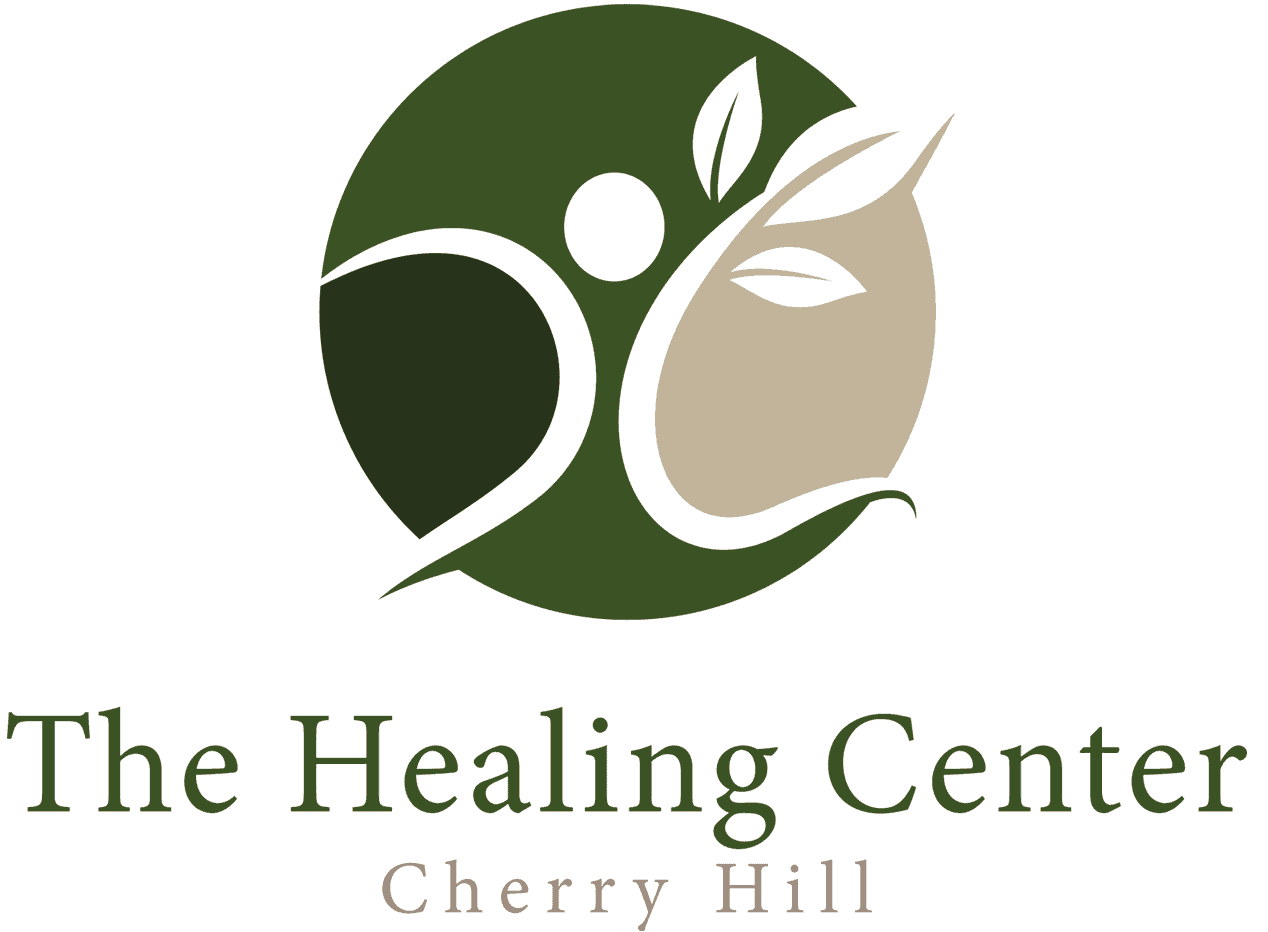All types of treatment for substance abuse are in their own way aimed to prevent a relapse from occurring. However, the term ‘relapse prevention’ refers to a specific type of addiction intervention treatment.
Relapse prevention is a cognitive therapeutic approach that is based in teaching the patient a skill set to prevent a relapse. Patients work with their therapists in order to identify the situations that trigger the patient to be at a greater risk for relapse. These triggers can be both internal and external. Once these have been identified a plan of action is created in order to address the high-risk situations.
What Happens In A Relapse Prevention Session?
In a relapse prevention session the clinician and client work together in order to examine any potential situations that could lead to drinking or drug use. For example, social events like weddings or parties could lead to thoughts of drinking. These thoughts could turn into cravings, which is the urge to use or drink.
Situations that pose a risk for relapse are called triggers. Clients and therapists also work to identify life choices that can increase the chances of the client experiencing these triggers. For example, if an alcoholic decides to work at a bar this choice could lead them to be triggered to drink. It is recommended that the client attends 12 weekly sessions of relapse prevention planning.
Strategies To Prevent A Relapse
There are a number of different strategies that therapists use in order to create a relapse prevention plan. Some of these include:
- Building awareness around the negative consequences of being around high-risk situations
- Aiding the patient to create and expand their coping skills that address specific triggers
- Therapists help clients plan for emergency situations which include when the client unexpectedly encounters a triggering event
- Assessing and building the client’s confidence in their ability to stay sober, even in the face of difficult situations
- Discovering new ways of thinking about the consequences related to substance abuse, emphasizing the negative effects of relapsing and the positive effects of staying clean
Therapists will use a number of different strategies in order to facilitate implementing these strategies. For example, a clinician may role play a potential encounter that could happen in order to help prepare their client. Patients can also expect that they should be practicing their new skills outside of their scheduled sessions. The more they implement healthy coping skills into their daily lives, the more success they will have.
Why Is Relapse Prevention Therapy Used?
Relapse prevention plans are based on behavioral health research. They have been proven to aid in the prevention of patients returning to drug or alcohol abuse. Substance abuse in addicts is normally the primary coping skill that they have in order to deal with their life’s difficulties. The foundation for long term recovery is preventing a relapse through the development of new, healthy coping skills. These skills can be utilized when unforeseen challenges, difficulties, and triggers come up.
Overtime individuals will begin to accumulate successful experiences dealing with life sober. Thus, their confidence will build and they will begin to become self-reliant in solving their life problems. This improves the likelihood that they will be able to deal with life on life’s terms and stay in recovery for the long haul. Sometimes it is assumed that clients have the desire to remain sober long-term, this isn’t always true. In order to combat this clinicians can use Motivational Enhancement Therapy to address this issue.
Evidence For Prevention Of Relapse Therapy
Prevention of relapse therapy has a strong basis of support as a helpful tool in the intervention for substance abuse disorders. This type of treatment has been proven to be just as effective as other addiction therapy modalities. Thus, it is an important type of therapy that should be incorporated into any drug rehab treatment plan.
What Types Of Programs Implement Relapse Prevention Therapy?
Every single type of program that involves addiction treatment usually includes some form of relapse prevention therapy. It is a vital part of treatment plans because relapse is a common event for individuals who struggle with addiction and alcoholism. Having a plan to prevent this occurrence lowers the risk for this to happen. Treatment programs that implement relapse prevention include:
- Detox
- Residential therapy
- Partial hospitalization programs
- Intensive outpatient programs
- Outpatient programs
- Individual addiction therapy counseling
Addiction Treatment In Cherry Hill, NJ
If you or a loved one struggle with addiction in New Jersey, then The Healing Center located in Cherry Hill can help you. Relapse prevention is one of the cornerstones of our program, due to the fact that our goal is to help our clients achieve long-term recovery. We work with our clients to create therapeutic plans that are tailored for their particular needs. If you are looking to recover in a luxury facility that offers compassionate and personalized care, then call us today. For more information on our programs fill out the form on our admissions page, or give us a call today. We are here 24/7 in order to help you begin your journey to long-term recovery.







